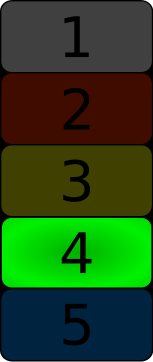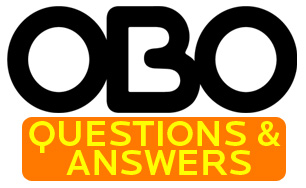 What do we know about focussing on the ball just before a shot at the goal ? A goalie will have little or no chance of a successful save unless there is total focus on the ball as it is travelling towards the goal.
What do we know about focussing on the ball just before a shot at the goal ? A goalie will have little or no chance of a successful save unless there is total focus on the ball as it is travelling towards the goal.
Obviously you want to focus (or concentrate) 100 % on the ball just before the push or shot is executed. But if you try to apply this 100% focussing during the 70 minutes of the game, you’ll find your ability to focus or concentrate will decline after only a few minutes. Another problem of too much focussing on the ball (or at the wrong moments) is that you won’t have an idea where the (offensive) players are on the pitch.
So … how can you maximise your focus and concentration at critical times of game and maintain offensive player awareness?
I have used a technique similar to the DEFCON codes used by the US forces. This focussing aid will help any goalie to optimally distribute his focus and concentration during the game and it will lower the chance you will be left without concentration or focussing abilities halfway through the game.
It is very easy to remember and doesn’t require a lot of thinking or learning. Here is the technique:
While your team is attacking in the 23 meter area at the other end of the pitch, think CODE GREEN, which means you focus about 5 % on the ball and about 95 % on the pitch, like what is the position of the players, your own position in the circle etc. In other words: your ball ‘radar’ is turned on for 5% and the remaining 95 % is applied to ‘pitch radar’. The average intensity level (like the total strength of your radar) is low. The angle of your view is as wide as possible.
When the opponents are attacking and the ball is played around the centre of the pitch, think CODE YELLOW, you increase the intensity a bit and you apply 50 % ball radar and 50 % pitch radar, i.e. you distribute your focus equally on the ball (where is it going, how fast etc) and the pitch (which players are where and how are they moving). Angle of view is wide.
When the attacking team is playing the ball near your circle, switch to CODE ORANGE. Again you increase your intensity. Focus for about 80% on the ball, the remaining 20% focus on the position of the players within your view. The angle of your view becomes narrower.
Just before the shot or push is released towards the goal, switch to CODE RED. You maximize the intensity and you focus for 100% on the ball. The angle of your view is super narrow.
If you are prone to ‘overconcentrate’ you can use this technique to lower your concentration levels. Just stay longer in a lower code, for instance apply CODE YELLOW instead of CODE ORANGE when the ball is near your circle.
Applying this technique is easy. Read this article about 5 times and during the match you just give yourself the commands (just loud enough for yourself to hear, otherwise players may leave the pitch 😉 After several matches, you will find yourself adjusting to the right code, without thinking about it.
Let me know if you find this useful or have any additional comments to make
Cheers
Jack van Messel
Goalie Trainer
The Netherlands

